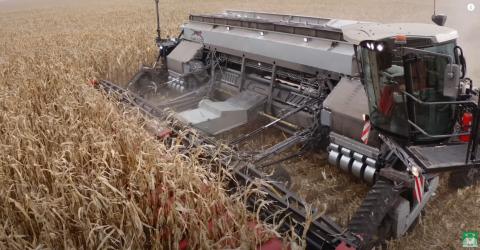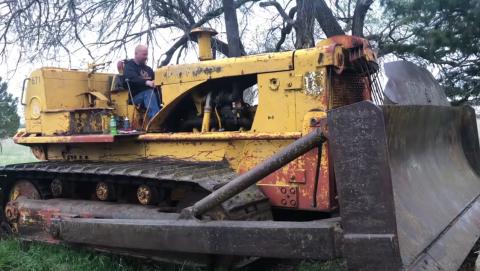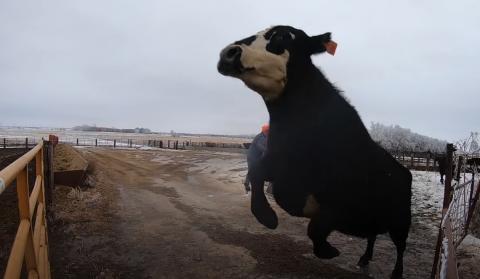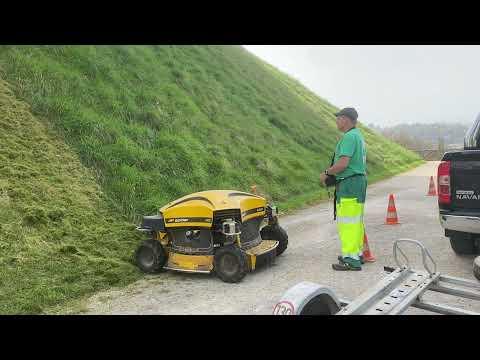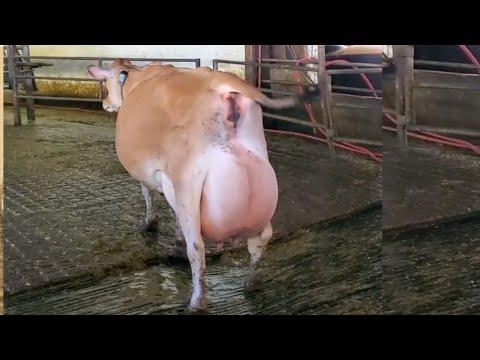Pornire la rece cu peripeții-Tractor șenilat Caterpillar model 75E-ajutat de John Deere 8370-Cehu Silvaniei-Sălaj-România-04.02.2021
My car does not start in cold weather
The question 'my car doesn't start in cold weather, why' is a question every driver asks at least once. Diesel vehicles can hardly start in the morning if the vehicle is left outside when the weather is cold. There can be many different reasons why vehicles do not start or start late in cold weather. This problem is a very common problem in winter and cold weather. In this problem, which happens to almost every vehicle driver, when the starter is pressed when the vehicle is very cold, the vehicle does not start immediately. The vehicle will only start after two or three cranks. If the vehicle starts at a single start after one start or after the vehicle has warmed up, there are some very simple reasons for this. So what are these reasons?
Why Doesn't the Vehicle Start Immediately in Cold Weather?
There are basically several reasons why vehicles do not start immediately in cold weather. These reasons are:
1. Fuel
My car does not start in cold weather, one of the main answers to the question of why is fuel. If there is moisture in the fuel tank, this moisture can freeze and cause the fuel to clog. Also, with diesel fuels, in cold weather, the fuel gels and takes longer than usual to power the engine when you first start it.
2. Engine oil
My car doesn't start in cold weather, one of the most common answers to the question why is engine oil. When starting in cold weather, the engine encounters the resistance of the thickened engine oil. Therefore, the engine does not start immediately.
3. Battery
My car does not start in cold weather, another answer to the question why is the battery. Car batteries produce less electrical current because the chemical reaction is slower in cold weather. Therefore, when you start the vehicle, the vehicle will not start immediately. Also, the battery may be completely discharged or faulty. If your battery is faulty, the following symptoms are also seen:
If the engine makes a wheezing noise when trying to turn
If you hear a clicking sound from the vehicle
4. Carburetor
My car does not start in cold weather, another answer to the question why is the carburetor. However, the carburetor problem only applies to old model vehicles, because new vehicles do not have a carburetor. Carburetors have small holes that can become heavily clogged and do not allow moisture to evaporate, causing ice to build up. These holes can be blocked in cold weather, causing the vehicle to not start. If your vehicle was manufactured within the last 20 years, your vehicle does not have a carburetor. However, if you have an older car, the carburetor may be the cause of your problem.
5. Ignition System
My vehicle does not start in cold weather, another answer to the question of why may be your vehicle's ignition system. In order to give a clear answer to this question, you must make sure that your vehicle's ignition system is working properly. For this, you should check the spark plugs, spark plug wire, ignition coil.
6. Alternator
My car does not start in cold weather, another answer to the question of why is the alternator. If the alternator has a low charge, it cannot raise the battery above 12 volts in cold weather. Therefore, your vehicle may not be running in cold weather. Replacing the alternator and charging the battery well overnight will fix this problem.
How can I start my vehicle easily in cold weather?
My car does not work in cold weather, if you are wondering why, you must be wondering what you should do to avoid this problem. In order to avoid the problem of your car not starting in cold weather, you can apply the following recommendations of expert auto appraisals.
Park Your Vehicle Indoors in Cold Weather
Park your car in the garage or indoor areas so that your car is not affected by the cold weather. Thus, your vehicle's battery, oil and fuel will not be affected by the cold. However, if you do not have a chance to park your vehicle in a closed area, you can cover your vehicle with protective covers and protect it from the cold.
Use Antifreeze
Antifreeze added to the engine's cooling water, especially in winter, prevents the water from freezing, preventing your vehicle from starting in cold weather.
Use the Correct Engine Oil (Engine Oil Viscosity)
The properties of engine oils used in vehicles vary according to the air temperatures in which your vehicle will be used. This property of motor oils is expressed by the term viscosity. Considering the viscosity of the oil while buying a motor oil will prevent you from encountering problems such as not starting your vehicle in cold weather. So, what is engine oil viscosity?
What is Engine Oil Viscosity?
Engine oil viscosity is a term that describes how easily and comfortably engine oil flows at a given temperature. The lower the viscosity of an engine oil, the thinner that engine oil is and is fluid even in cold weather. The higher the viscosity of an engine oil, the thicker the oil and the harder it is in cold weather, causing your vehicle to start slower in cold weather. Today, viscosity values in motor oils are standardized and are shown between XW-XX values. For example, let's say that one of the two engine oils says 5W30 on the label, and the other says 5W40. W in English
- Category
- Tractor & Machinery





